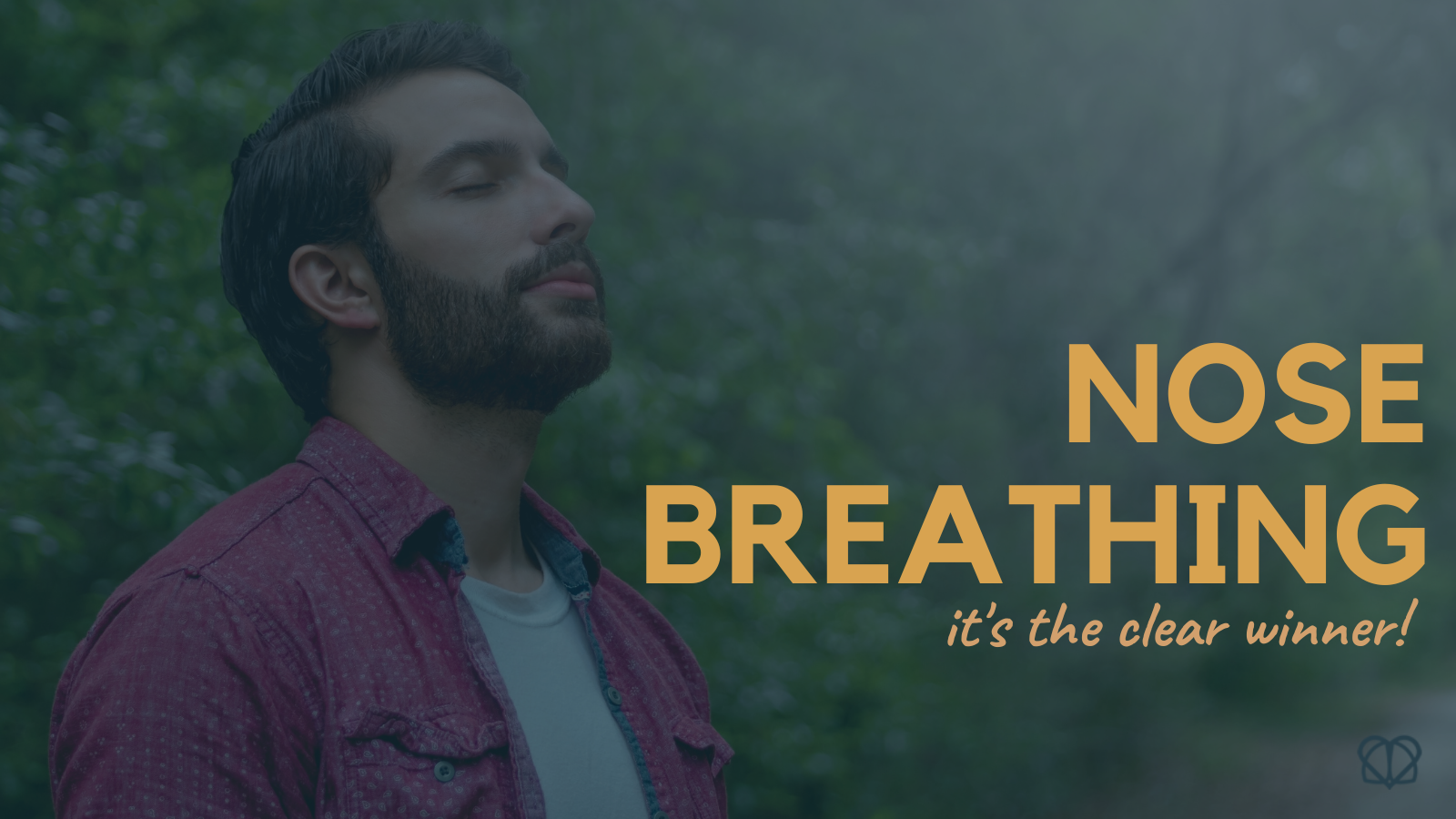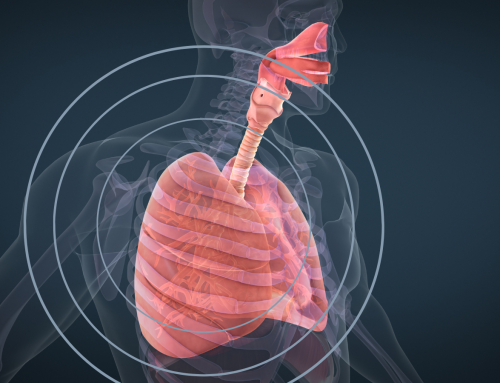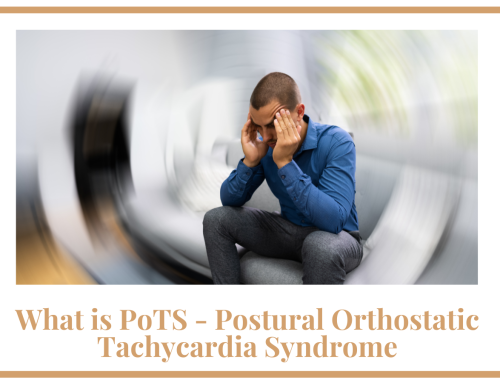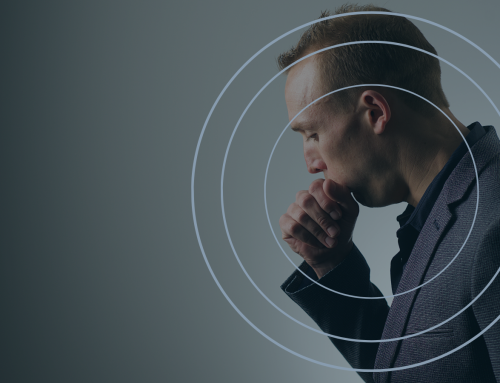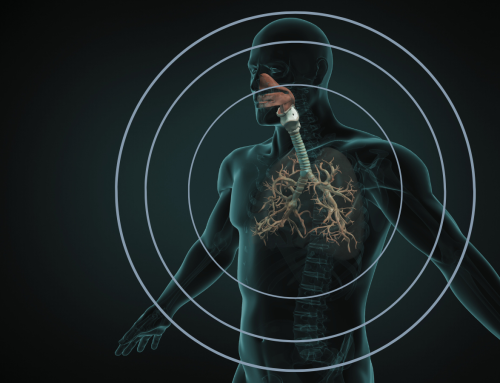Breathing is breathing… whether it’s through the nose or the mouth makes no difference, right? Wrong! Much as you may think it doesn’t matter how you breathe, just as long as you’re breathing, there are a number of different reasons why when it comes to breathing right, nose breathing is the clear winner – as highlighted in this article.
Let’s take a closer look…
We are all born nasal breathers. From the moment we are born we instinctively learn how to breathe and feed at the same time from the breast or bottle. Over time however, various factors can impair or affect the ability for us to nose breathe.
What causes mouth breathing?
Obstructive factors:
- your nose is blocked up and you are physically unable to breathe through it. This can happen when exposed to allergies, if you have an infection or you have enlarged tonsils and adenoids, or a deviated septum
Habitual factors:
- some people develop a pattern of over-breathing, often caused by an individual taking more breath than they need via the mouth, which can lead to other systems such as breathlessness and chest pain
- external stresses on the body such as stress, anxiety, or intense exercise.
Anatomical factors
- some lung conditions which cause chronic breathlessness mean that people are more likely to mouth breathe
- facial deformities or airway deformities may mean you are physically unable to nose breathe
The benefits of nose breathing
Nasal breathing has several major advantages over mouth breathing:
Take in more oxygen
Nitric oxide (NO) is produced in the nose and sinuses. This gas is not only antibacterial and antiviral, but it also helps your body take on more oxygen by dilating your blood vessels.
Stimulating the diaphragm
There is about 50% more resistance to the flow of air entering your nostrils compared to the mouth (as the nostrils are much narrower than the mouth). This resistance via the nose stimulates your diaphragm into action – and your diaphragm is one of the most important muscles when it comes to breathing optimally.
Reduce your exposure to allergies
All those hairs in your nose are a ready-made natural filter. They filter out dust, allergens, and pollen, which helps prevent them from entering your lungs, significantly reducing exposure to irritants and promoting better respiratory health.
Lock in moisture
The mucous lining and small hairs in your nasal and respiratory passages called cilia constantly clear your airways of inhaled particles. Nasal breathing helps lock in moisture so this whole process can work effectively.
Less urge to cough
Nose breathing prevents the structures in the larynx (throat) and the airways from drying out and it also ensures there is a nice slow, smooth flow of air past these structures. This can help break the vicious cycle of those horrible tickly coughs.
Relaxation
Nose breathing forms part of optimal breathing, which, together with slow diaphragmatic breaths, will stimulate the parasympathetic nervous system (PNS). The PNS is the branch of the nervous system that signals that everything is ok and it is safe to relax. A rapid breathing pattern through the mouth however, can stimulate the sympathetic nervous system, which prepares our body for danger (the fight or flight response).
Is there a time when mouth breathing is better or more effective?
The only time where it may make more sense to breathe through your mouth is when your nose is blocked and you can’t breathe through it.
You may also experience a number of negative effects if you predominantly mouth breathe:
- Changes to your jaw and face shape
- Snoring and sleep apnoea
- Dry mouth and bad breath
- Dry, irritable cough, or constant throat clearing
- Changes to your biochemistry and biomechanics
Many people may breathe through their mouths when strenuously exercising, but some research suggests that nasal breathing may in fact enhance your performance when exercising, thanks to stimulating the nervous system, maintaining the body’s PH, trapping more oxygen and staying hydrated for longer.
Are you a mouth breather? If so, and you’d like help to breathe optimally, get in touch!
Give us a call on 0207 971 1464, book in online or send us an email.

